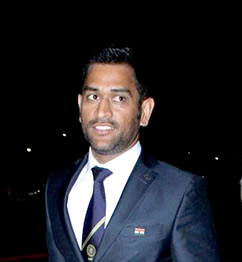A Quote by Gillian Flynn
It’s a very difficult era in which to be a person, just a real, actual person, instead of a collection of personality traits selected from an endless Automat of characters.
Related Quotes
I love being in the present. When I was playing for my school, the only thing I wanted to do was get selected for the under-16 or the under-19 district teams. When I was selected for the district, I would think about the next level, which was getting selected for the state side. I'm a person who lives very in the moment.
Since our technology is really just an extension of ourselves, we don’t have to have contempt for its manipulability in the way we might with actual people. It’s all one big endless loop. We like the mirror and the mirror likes us. To friend a person is merely to include the person in our private hall of flattering mirrors.
It was as if personality itself had a 'face'. This non-physical face of personality seemed to be the real key to personality change. It remained scarred, distorted, 'ugly' or inferior the person himself acted out this role in his behaviour regardless of the changes in physical appearance. If this 'face of personality' could be reconstructed, if old emotional scars could be removed, then the person himself changed, even without facial plastic surgery.
When you start to meet with ordinary people you understand that a Russian person, really any person from Russia, a Tatar, a Mordvin, a Chechen, a Dagestani, they are very open people, even a little naive. But there's one defining trait that probably all peoples have, although it comes out especially strongly in us. That's a drive toward fairness. It's one of the dominating, I think, traits in the mentality of a person from Russia, a Russian person.
No one can become fully aware of the very essence of another human being until he loves him. By his love he is enabled to see the essential traits and features in the beloved person; and even more, he sees that which is potential in him, which is not yet actualized. Furthermore, by his love, the loving person enables the beloved person to actualize these potentialities. By making him aware of what he can be and what he should become, he makes these potentialities come true.
When you're training as an actor, a lot of the big work you're learning is to treat fictional characters like real people. You don't have the problem of discovering a backstory with real people, but there's always a mystery which is common to both fictional and factual characters. They are never quite the person you think they are.
The sociopath wants the person to be easily enough fooled to stick with him. This can be accomplished by looking for someone who is very, very loyal. Most of us consider loyalty to be a very positive trait - and it is a positive trait. But it also blinds people to some of the traits of the person they're loyal to.



































